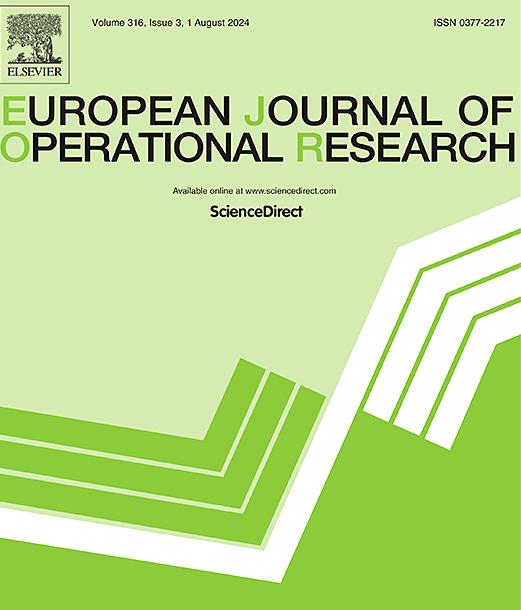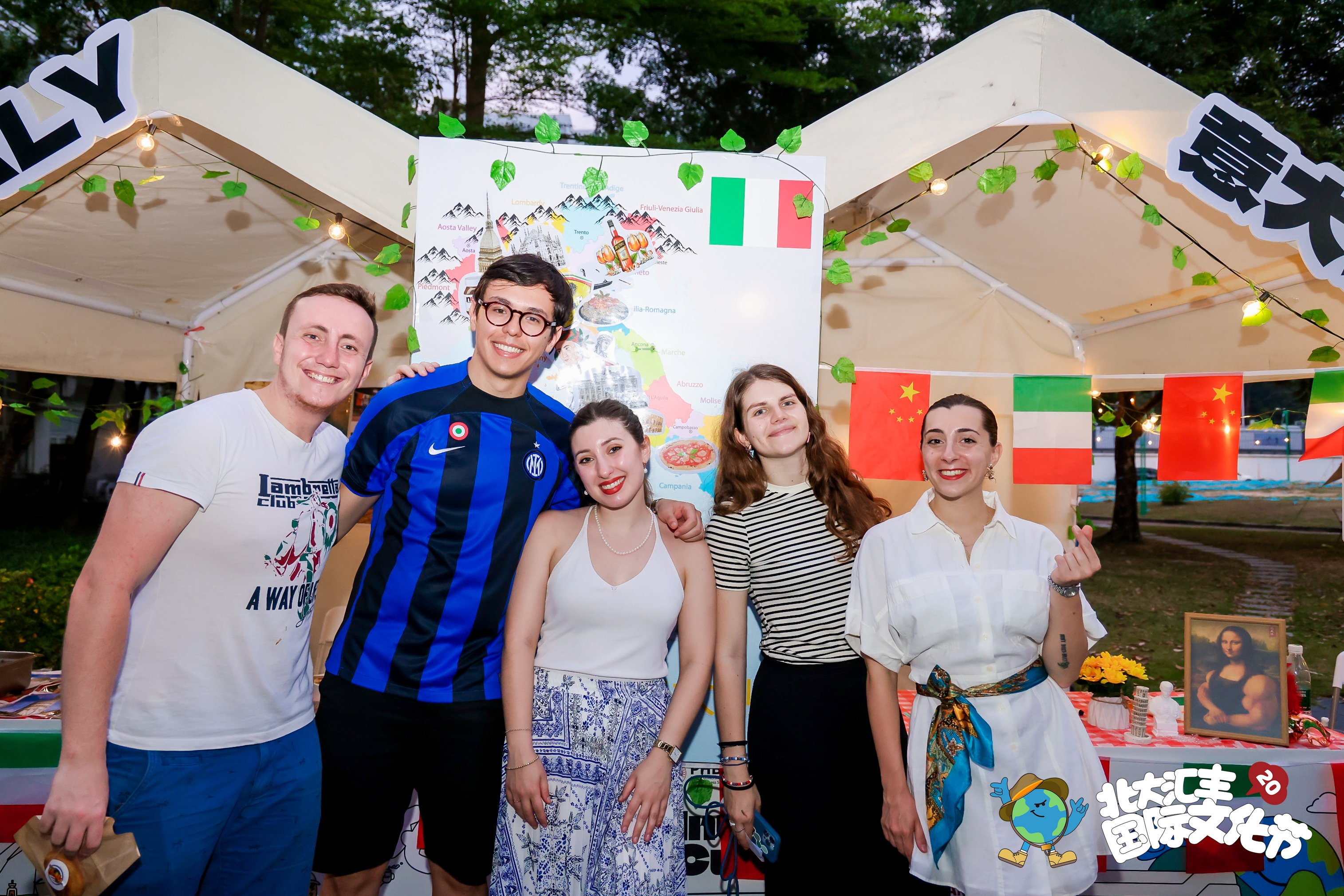By Zhang Wan Translated by Zheng Yuxin 14'
On November 8, 2014, Nobel Prize winner Robert Lucas visited Peking University as guest speaker for the PHBS Finance Lecture Series where he delivered a speech entitled, “Growth, Poverty and Inequality of Global Economy.” Awarded the 1995 Nobel Prize in Economics, Lucas is professor in the Department of Economics at the University of Chicago and is widely recognized in the field.
Professor Lin Shuanglin of the Peking University National School of Development hosted the lecture and spoke highly of Lucas, saying that “he has contributed to the rise of the New Classical Macroeconomics” which emphasizes the micro foundation of macroeconomics. Lin said that Lucas’s theory of rational expectations alters the analytical paradigm of macroeconomics and deepens people’s understanding of economic policies.

Professor Hai Wen, Vice-Chairman of Peking University Council and Dean of Peking University HSBC Business School

Professor Lin Shuanglin from Peking University National School of Development
As he began his talk, Lucas pointed out that although the gap between rich and poor has existed throughout history, average living standards in different societies and different regions changed little. This phenomenon changed completely with industrial revolution at the end of 18th Century. Then, between 1800 and 1950, the growth rate of GDP per capita in the U.S. and Britain was the highest in the world. Continental European countries and Japan also made improvements, but the economic growth in Africa and other Asian countries showed GDP per capita stagnating at a low level.

Lucas pointed out that after the Second World War, this was no longer the case. GDP per capita in the U.S. and Britain maintained an average of two percent annual growth based on Angus Maddison’s estimates while the economic performance of Asian countries was impressive. Maddison is a British economist specializing in quantitative macroeconomics, Japan created an economic miracle and the “Four Asian Tigers” -- Hong Kong, Singapore, South Korea, and Taiwan -- made astonishing high-speed development.
Looking into the future, Lucas projects that improvement of the average standard of living for OECD countries (Organization for Economic Cooperation and Development) may slow down, and developing economies will catch up with developed nations. He forecast that China’s GDP per capita in 2050 may reach the present level in the U.S. This will no doubt be a huge economic miracle considering China’s large population. After that, the gap of income per capita between China and U.S. will further narrow over time, Lucas predicted.


The improvement of average income level is indeed a huge benefit brought by economic growth, but income distribution may not improve, Lucas said. Statistics indicate that from 1970 to 2006, East Asian countries have experienced a rising average income level against the right-shifting of the income distribution line. He took China as an example. Economic development has continuously improved the average income level, exceeding that beyond any time in the nation’s history. But the corresponding income distribution has worsened and the gap between rich and poor has widened dramatically. He said that the cases in the U.S. and Japan were better. The increase of income level in these countries has been accompanied by improved income distribution. This was especially the case at the turn of the 21st century. Growth of average income level was limited, but the gap between rich and poor has displayed a narrowing trend.



Lucas concluded his remarks saying that economic growth was “not a zero-sum game.” Europe’s post-war revival, Japan’s economic miracle and rapid rise of the “Four Asian Tigers” have all benefited the U.S. Some believe that China’s rapid growth is to a certain extent a threat to America. Lucas said that this is beyond economic concern and expressed his best wishes for a better relationship between the two countries.
















